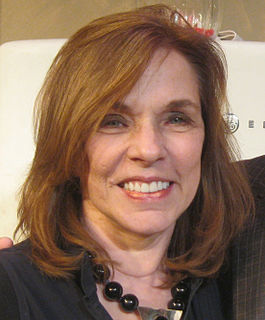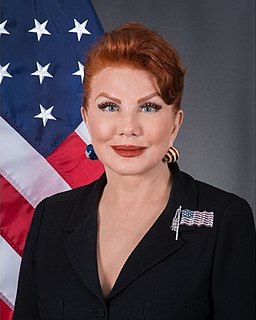A Quote by Sallie Krawcheck
What you hear and what the research shows is that gentlemen negotiate for their first job. Women do not negotiate from their first job and on. And I tell women there is no H.R. fairy godmother. There might be, but you better not count on it.
Related Quotes
People think that women don't negotiate because they're not good negotiators, but that's not it. Women don't negotiate because it doesn't work as well for them. Women have to say, 'I really add a lot of value, and it's in your interest to pay me more.' I hate that advice, but I want to see women get ahead.
We have to hear the stories of women at all ages of their lives in order to really present a picture of what it felt like to be alive in our time. That's what our job is as writers is to present that and create it. Our job as writers isn't to make as much money as we can. Our job is to create a record of this time. That's why if you leave out women and the stories of women, we failed at our mission. All of us. Men and women.
Women are called difficult and tough when (1) we negotiate the best deal, (2) we are perfectionists in doing our job, (3) we are willing to work harder and longer than men are willing to, and (4) when we question anything - anything - that someone else is doing, particularly if that someone is a man.
































